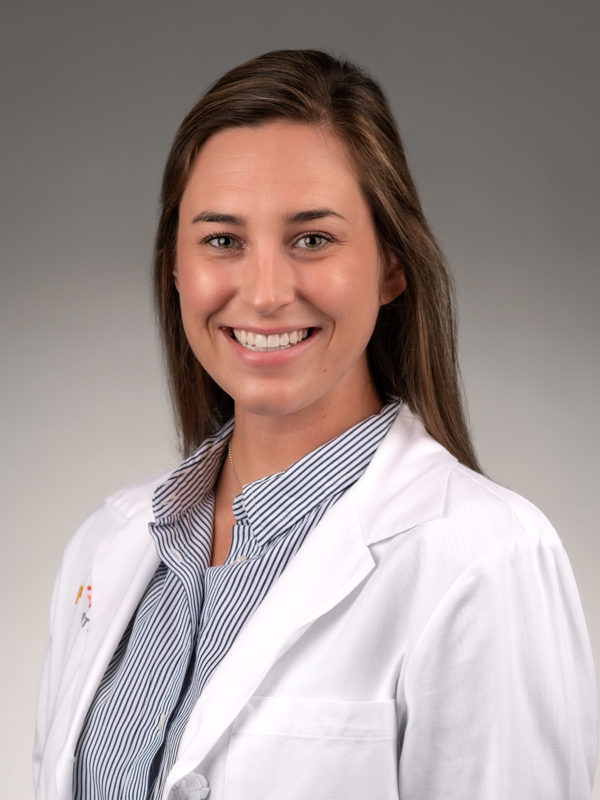What women need to know about HPV and preventing cervical cancer
Cervical cancer is a slow-growing cancer. It starts with abnormal cells that grow and become tumors. Elizabeth Nodelman, MD, said cervical cancer can be prevented through screening and vaccination. She shared some important facts all women should know.
Cervical cancer is caused by a virus – human papillomavirus, also known as HPV. The vast majority of individuals are positive for HPV when sexually active in their early 20s. “Most women clear the virus just like you would a cold or the flu and it never develops into anything. However, some women don’t clear the virus or they are exposed to it many times over their lifetime and it eventually develops into cervical cancer,” said Dr. Nodelman.
How can you prevent cervical cancer?
Get the HPV vaccine. The HPV vaccine decreases your chance of getting HPV and, therefore, cervical cancer. The vaccine can be given as early as 9 years old and as late as 45 years old. It is recommended for boys and girls as HPV can cause cancer in other areas, not just the cervix. Even if you have not been sexually active, it is still important to get the vaccine.
Get screened regularly. Pap smears can screen for cervical cancer and are now recommended to be done every 3–5 years, depending on your medical history.
“It can be difficult to detect symptoms of cervical cancer, which is why screening and vaccinating are so important,” said Dr. Nodelman. If you experience spotting or bleeding between periods or bleeding with intercourse, you should talk to your OB/GYN.
“While Pap smears are not done yearly unless medically necessary, it is important to make sure you see your OB/GYN yearly to talk about your overall health,” said Dr. Nodelman.
Choose a caring, trusted OB/GYN
Find a provider who’s right for you by viewing their online profiles, star ratings and reviews.
Find an OB/GYN

